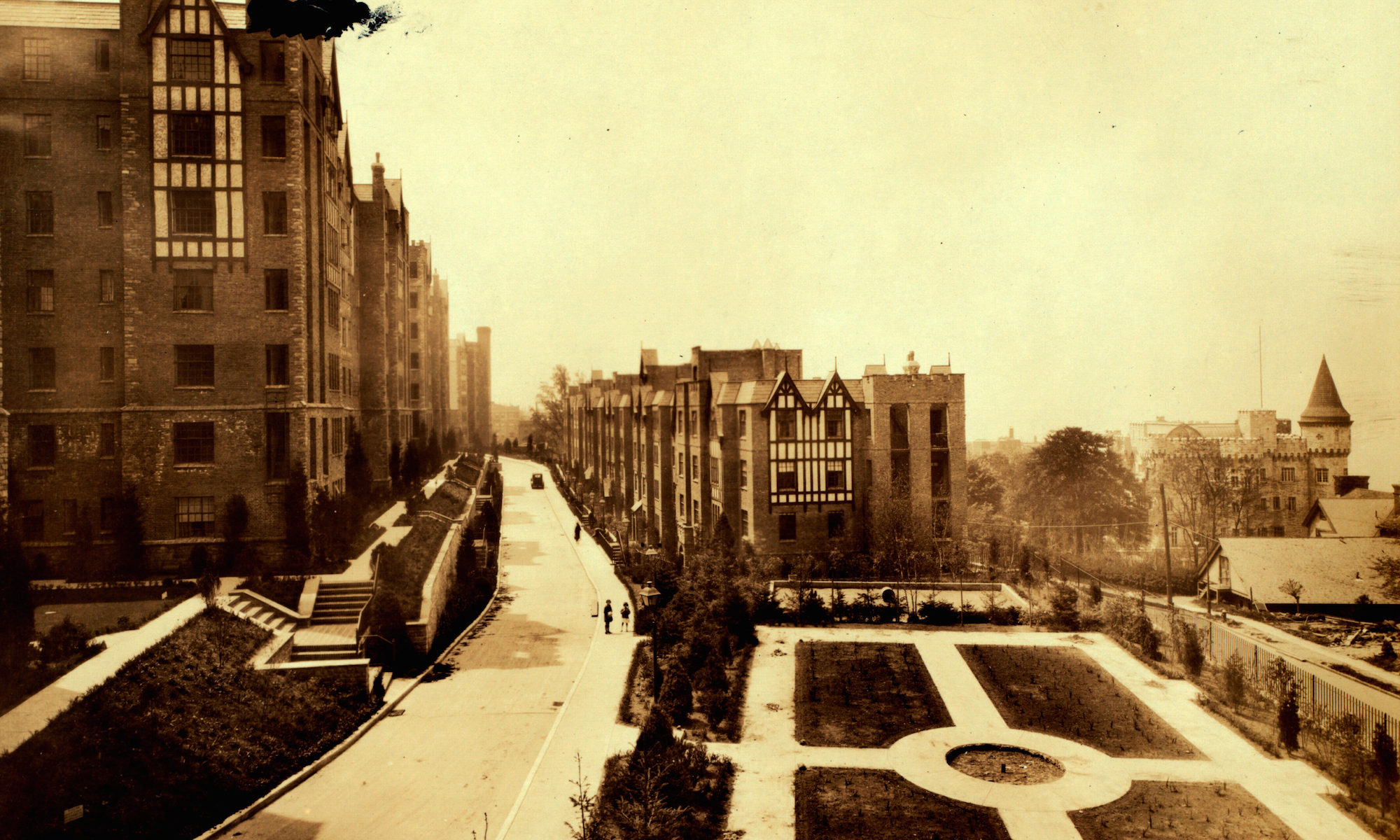Page 95
CHAPTER TWENTY
I returned to Rome at the end of the summer and resided again with my old pal, Papa, at the same place. The dingyness of the room and the distance from the hub of Rome made me quite uncomfortable. Also, Papa and I were developing different habits and viewpoint. He was, as you know, in medical school and our lives were gradually pulling apart. But the last straw was when, on rising one morning, I was stifled by a stench such as only a dead cat could emanate. Looking around for the source of the pestilent odor, I was led to a newspaper bundle under Papa’s bed. It contained a decayed arm which Papa had brought home for anatomic dissection and forgotten.
Shortly after, I was living with a classmate of mine from Bergamo, on the fourth floor of an old building in a spacious but bleak attic room, having a small dormer window and a large skylight. The entrance was from Piazza Navona, and enchanting old square, where once was the Circus of Domitian. It is adorned by three beautiful fountains. The first represents Neptune battling with a sea-monster. Adjoining it is a large old marble pool, from the centre of which rises a fountain by Bernini, representing the four quarters of the globe and the gods of the four largest rivers, the whole sculpture surmounted by an old obelisk. The third fountain is formed of Tritons, masks and the statue of a Moor, also be Bernini.
Piazza Navona is only a few blocks from the University and in the heart of things. It also has that bohemian atmosphere which I like more than the varnished poverty and aloofness of Via Sicilia.
My room-mate is intelligent, earnest and a proselyte of the new faith. One of our close friends is Michele Bianchi who organizes and addresses numerous semi-political meetings, in which we participate. Bianchi, who had become a respected national leader and Minister of…
Page 96
Public Works under Mussolini, died in his prime of life. He was spared the sorrows of the Italian catastrophe.
Socialism in those days was an ideologic movement, a promise of relief, unsupported by militant action. Surrounded by the grandeur of the past, we were faced with a gray present and even grayer future. We were fed up with always referring to our glorious ancestry and wanted to prove that we were worthy of them.
The recent struggle of our great patriots and the heroic deeds of our dead were blotted out. Maeternick sneered at us by asserting that Italy was “a geographical expression.”
Our former friends, England and France, were sitting on their laurels and ignoring us. Meanwhile, the German octopus was stretching its tentacles to all our fields. Public utilities and banking institutions were controlled by German capital. German ships were carrying our international trade, while we were picking the small change of tourists and emigrants’ savings.
Italian culture had led the way to European rebirth and civilization. Now, even Momsen’s clumsy history of Tome was more popular than that of our own illustrious historian, Guglielmo Ferrero. Scientific books were translations from German sources. An attempt was made to introduce German gutturals in Latin reading. German commentaries on Latin and Italian classics were spreading in our schools. Wagner was replacing our great composers.
Fitting with this propaganda of German “Kultur,” Kaiser Wilhelm II paid a visit to King Emmanuel in 1903 with extravagant pageantry. The German Emperor strutted through the sacred streets of Rome, which had been repeatedly plundered by his barbarian ancestors, and now the Roman people bowed their heads reverently, except for a small minority standing by in silent revulsion.
Next: Chapter 21


